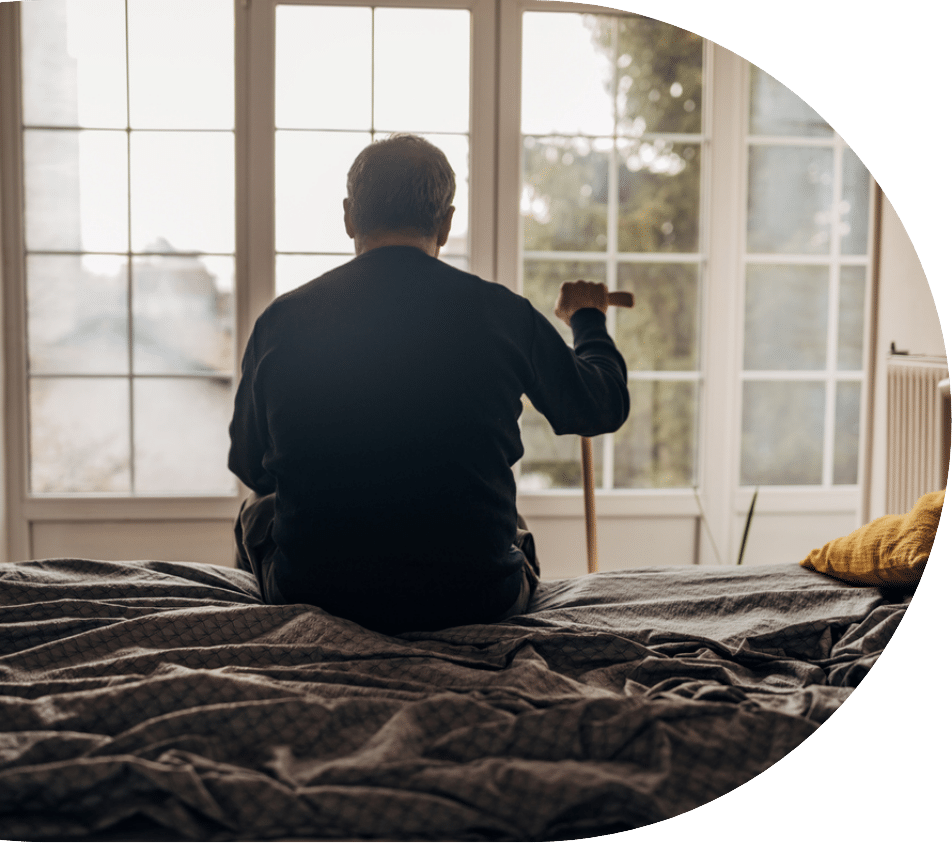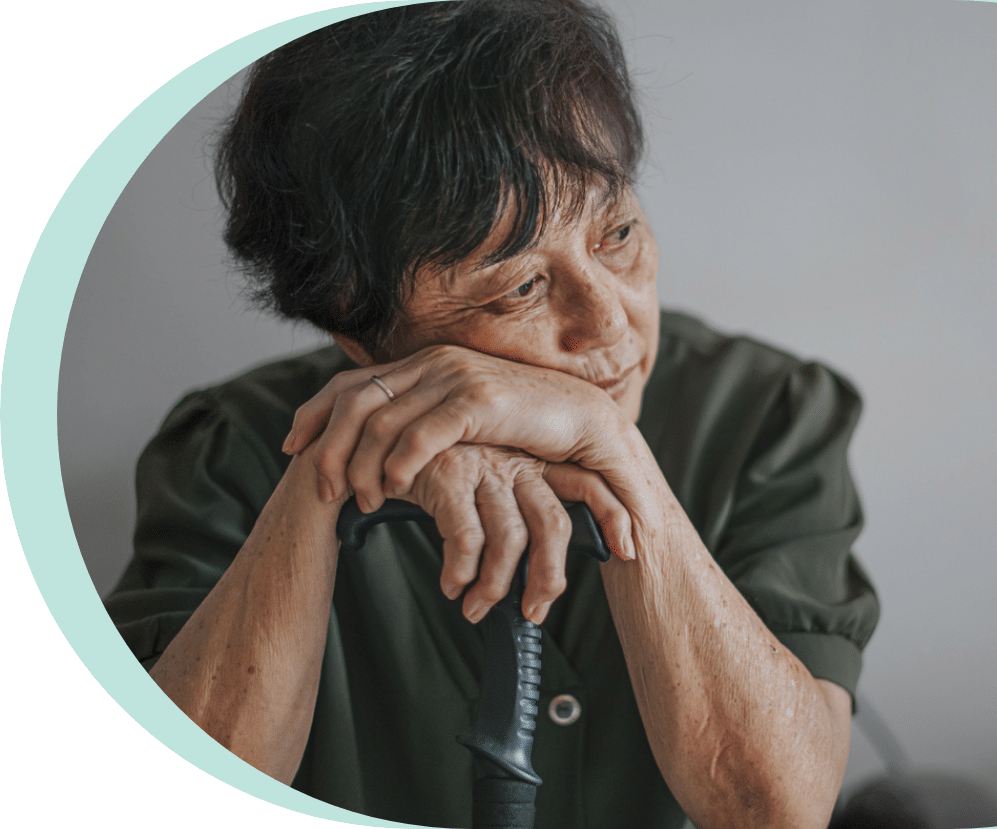Depression in Seniors
Depression, also known as major depressive disorder, is a common mental health disorder that affects millions of people worldwide. It is characterized by persistent sadness, loss of interest or pleasure in activities, and a range of other emotional and physical symptoms. Understanding the causes, symptoms, and treatment options for depression in seniors is crucial in order to provide support to those affected and to promote mental well-being.

What is Depression?
Depression is a mood disorder that can have a profound impact on a person’s life. It goes beyond temporary feelings of sadness or grief and becomes a persistent and debilitating condition. Depression can affect anyone, regardless of age, gender, or background, and it often requires professional treatment to manage effectively.

Senior Depression Causes
The causes of depression are complex and can vary from person to person. It is often a result of a combination of genetic, biological, environmental, and psychological factors.
Some common factors associated with depression include:
- Chemical Imbalances in the Brain: Neurotransmitters, such as serotonin and norepinephrine, play a critical role in regulating mood. When there is an imbalance in these chemicals, it can lead to depressive symptoms.
- Genetics: Individuals with a family history of depression are more likely to develop the condition themselves, suggesting a genetic component in some cases.
- Environmental Factors: Certain life events, such as trauma, loss, financial difficulties, or relationship problems, can trigger or contribute to the development of depression.
- Medical Conditions: Chronic illnesses, hormonal imbalances, and certain medications can increase the risk of developing depression.

Signs of Depression in Seniors
Depression can manifest differently in each individual, but common symptoms of depression include:
- Persistent feelings of sadness, emptiness, or hopelessness.
- Loss of interest or pleasure in most activities.
- Significant changes in appetite or weight.
- Sleep disturbances, such as insomnia or excessive sleeping.
- Fatigue or loss of energy.
- Difficulty concentrating or making decisions.
- Feelings of guilt, worthlessness, or excessive self-blame.
- Suicidal thoughts or recurrent thoughts of death.
Senior Depression Treatment Options
The good news is that depression is a treatable condition, and several effective approaches exist.
Senior Depression Treatment at Greater Good Health
If you or someone you know is struggling with depression, it is important to seek professional help. Remember that effective treatment and support are available, and recovery is possible. At Greater Good Health, we are committed to providing the highest quality care for depression with our senior primary care services. Contact us today to schedule an appointment.

Our Depression Treatment Services
Explore our comprehensive treatment services for depression in seniors. With a focus personalized treatment plans and unwavering support, we are here to help you or your loved one navigate this challenging journey.